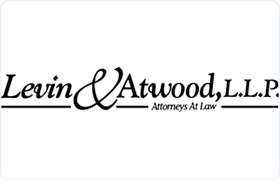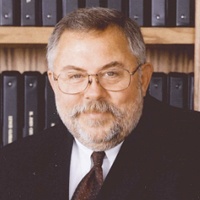Brookshire Estate Lawyer, Texas
Sponsored Law Firm
-
 x
x

Click For More Info:
-
Levin & Atwood, LLP
20501 Katy Fwy Ste 217 Katy, TX 77450» view mapEstate Law Knowledge And Experience You Can Trust
Levin & Atwood provides the full spectrum of legal counsel to family owned and other private companies.
281-579-6044
Andrew Stanley Briggs
Construction, Litigation, Wills, Business & Trade
Status: In Good Standing Licensed: 22 Years
Barbara Stacy Kline
Wills, Family Law, Business & Trade, Business
Status: In Good Standing Licensed: 10 Years
Carolyn Mckinney Harp
Wills, Employee Rights, Business & Trade, Business
Status: In Good Standing Licensed: 44 Years
Dora Ann Gostecnik
Real Estate, Litigation, Wills & Probate, Estate
Status: In Good Standing Licensed: 21 Years
Geoffrey Ryan Garber
International, Intellectual Property, Science, Technology & Internet, Gift Taxation
Status: In Good Standing Licensed: 13 Years
James C. Mulder
Wills, Gift Taxation, Elder Law, Business & Trade
Status: Inactive Licensed: 47 Years
 https://www.lawyer.com/imgup/m/42b10d2e0736048a6dc376884ea4bbc3.jpg Katy, TX
https://www.lawyer.com/imgup/m/42b10d2e0736048a6dc376884ea4bbc3.jpg Katy, TX AboutLevin & Atwood, LLP
AboutLevin & Atwood, LLP Practice AreasExpertise
Practice AreasExpertise
